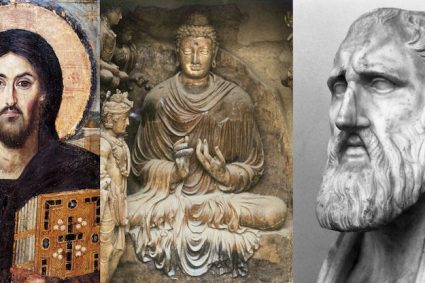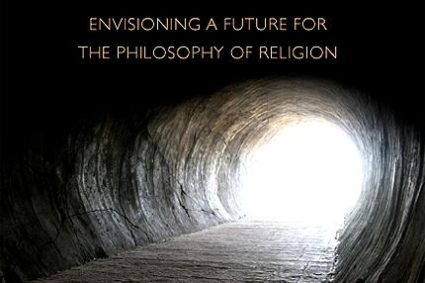
Existentialism, a philosophical movement that emerged in the 19th and 20th centuries, delves into the intricacies of human existence, emphasizing individual freedom, responsibility, and the often perplexing nature of life’s inherent absurdities. This multifaceted school of thought has left an indelible mark on philosophy, literature, and the arts.
Foundations of Existentialism:
- Søren Kierkegaard: Often regarded as the precursor to existentialism, Kierkegaard explored the subjective nature of truth, the importance of individual choice, and the concept of angst, or existential anxiety. He emphasized the personal and passionate engagement with existence.
- Friedrich Nietzsche: Nietzsche’s critique of traditional morality, the “will to power,” and the idea of eternal recurrence influenced existentialist thought. He challenged established values, calling for the creation of one’s own values in a world without inherent meaning.
Key Themes:
- Freedom and Responsibility: Existentialism emphasizes the individual’s radical freedom to choose their actions. With this freedom, however, comes the weight of responsibility for the consequences of those choices.
- Authenticity and Inauthenticity: Existentialists discuss the importance of living authentically—being true to oneself and one’s values. Inauthentic living, on the other hand, involves conforming to societal expectations or adopting roles without genuine personal conviction.
- Angst and Despair: Existential anxiety, or angst, arises from the awareness of one’s freedom and the inherent uncertainties of existence. Confronting this anxiety is essential for authentic living.
- Absurdity: Existentialists grapple with the absurdity of human existence—the apparent lack of inherent meaning or purpose in the universe. Albert Camus, in particular, explored the absurdity of life in his essay “The Myth of Sisyphus.”
Prominent Existentialist Thinkers:
- Jean-Paul Sartre: Sartre’s slogan “Existence precedes essence” captures a central existentialist tenet—human beings define themselves through their actions and choices. He explored themes of freedom, bad faith, and existential dread in works like “Being and Nothingness.”
- Simone de Beauvoir: A key figure in existentialist feminism, de Beauvoir expanded on existentialist ideas, examining the implications of gender and the concept of “the Other.” Her work “The Second Sex” remains a seminal text in feminist philosophy.
Literary Expression of Existentialism:
- Fyodor Dostoevsky: While not an existentialist per se, Dostoevsky’s novels, such as “Crime and Punishment” and “Notes from Underground,” explore existential themes, including the consequences of individual choices and the search for meaning.
- Franz Kafka: Kafka’s works, like “The Trial” and “The Metamorphosis,” embody existential elements, portraying the individual’s struggle against a bewildering and often absurd world.
Critiques and Responses:
- Martin Heidegger: Heidegger, although associated with existentialism, critiqued the movement for focusing too heavily on individual subjectivity. He explored the concept of “being-in-the-world” and the interconnection of existence.
- Gabriel Marcel: Marcel, another critic of existentialism, argued for a more comprehensive view of human experience that included the dimension of mystery and transcendence.
Legacy and Impact:
- Continued Influence: Existentialism continues to influence diverse fields, from philosophy to literature, psychology, and the arts. Its emphasis on individual experience and the search for meaning resonates in contemporary discussions of identity and authenticity.
- Existential Psychotherapy: Existential ideas have found application in psychotherapy, with practitioners like Viktor Frankl and Irvin Yalom incorporating existential principles into therapeutic approaches that focus on personal responsibility and meaning-making.
Conclusion: Navigating the Human Condition:
Existentialism, with its exploration of individual freedom, responsibility, and the enigma of existence, remains a profound lens through which to understand the human condition. Whether grappling with the anguish of choice, the search for meaning, or the confrontation with the absurd, existentialism invites individuals to confront the complexities of their existence with courage, authenticity, and an unwavering commitment to self-discovery.






